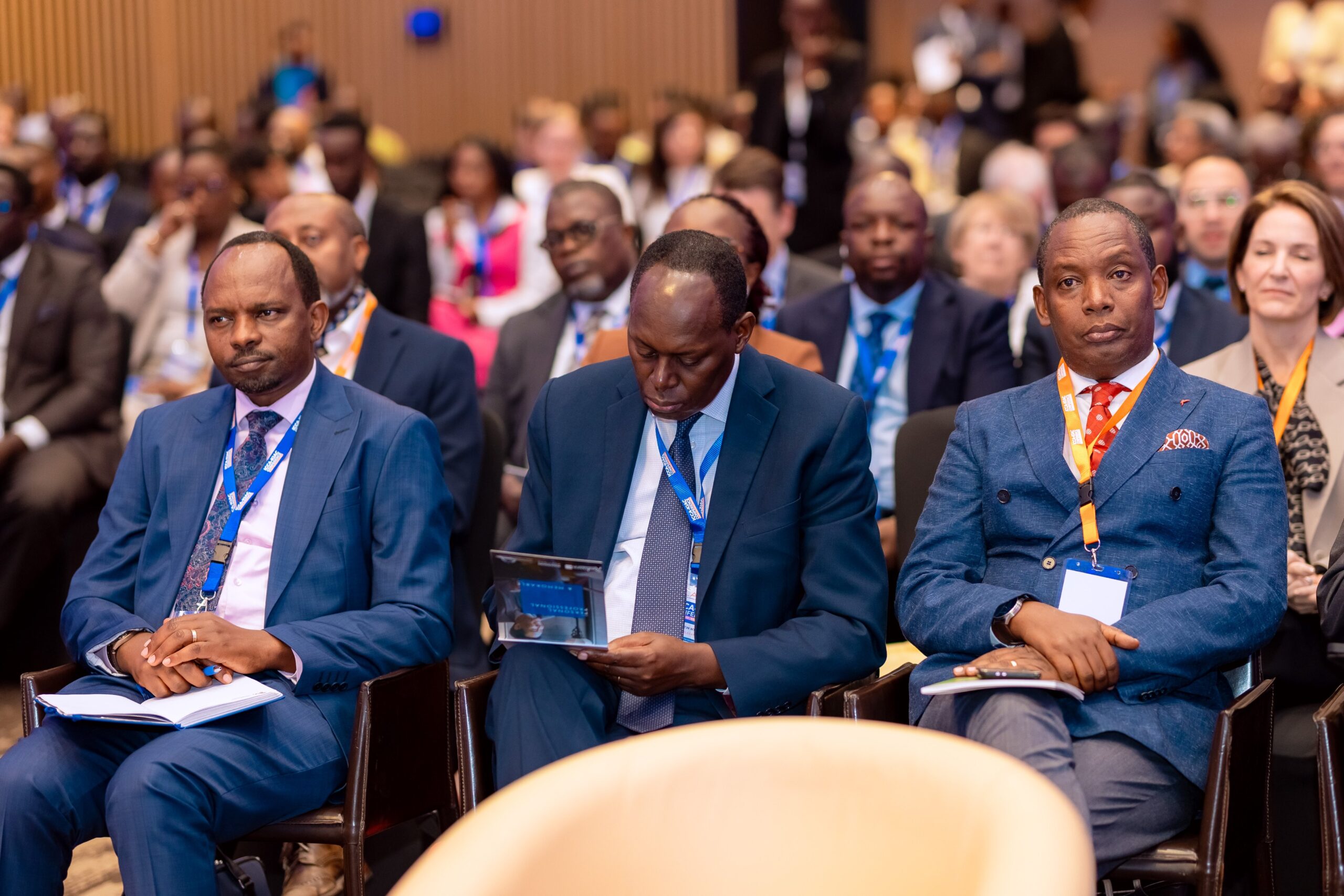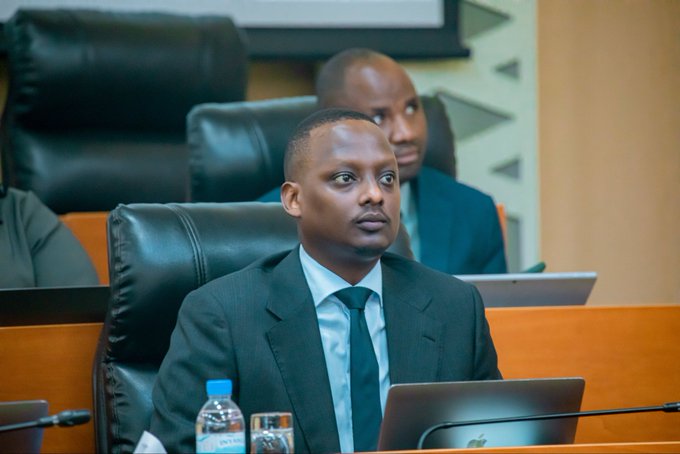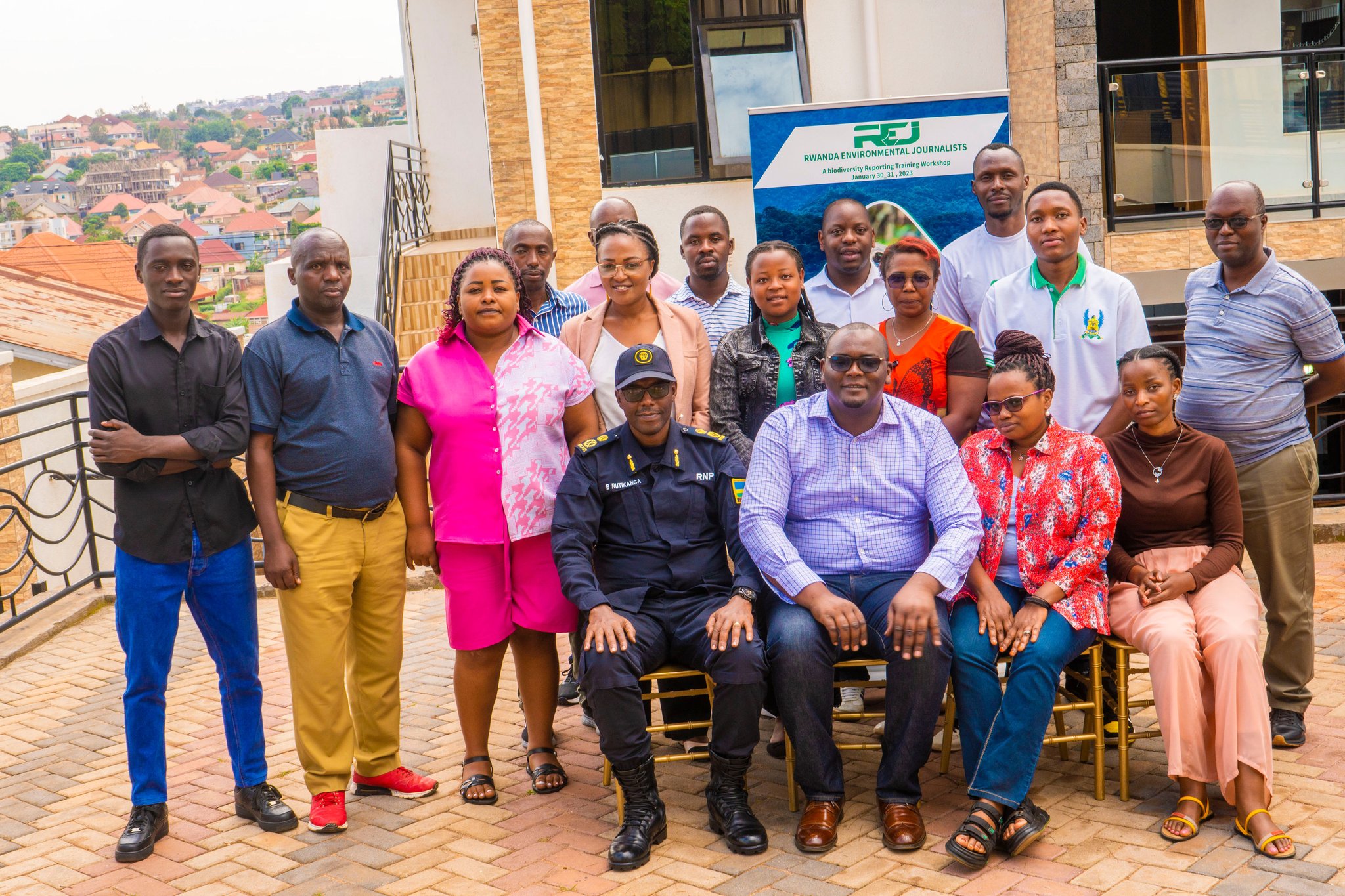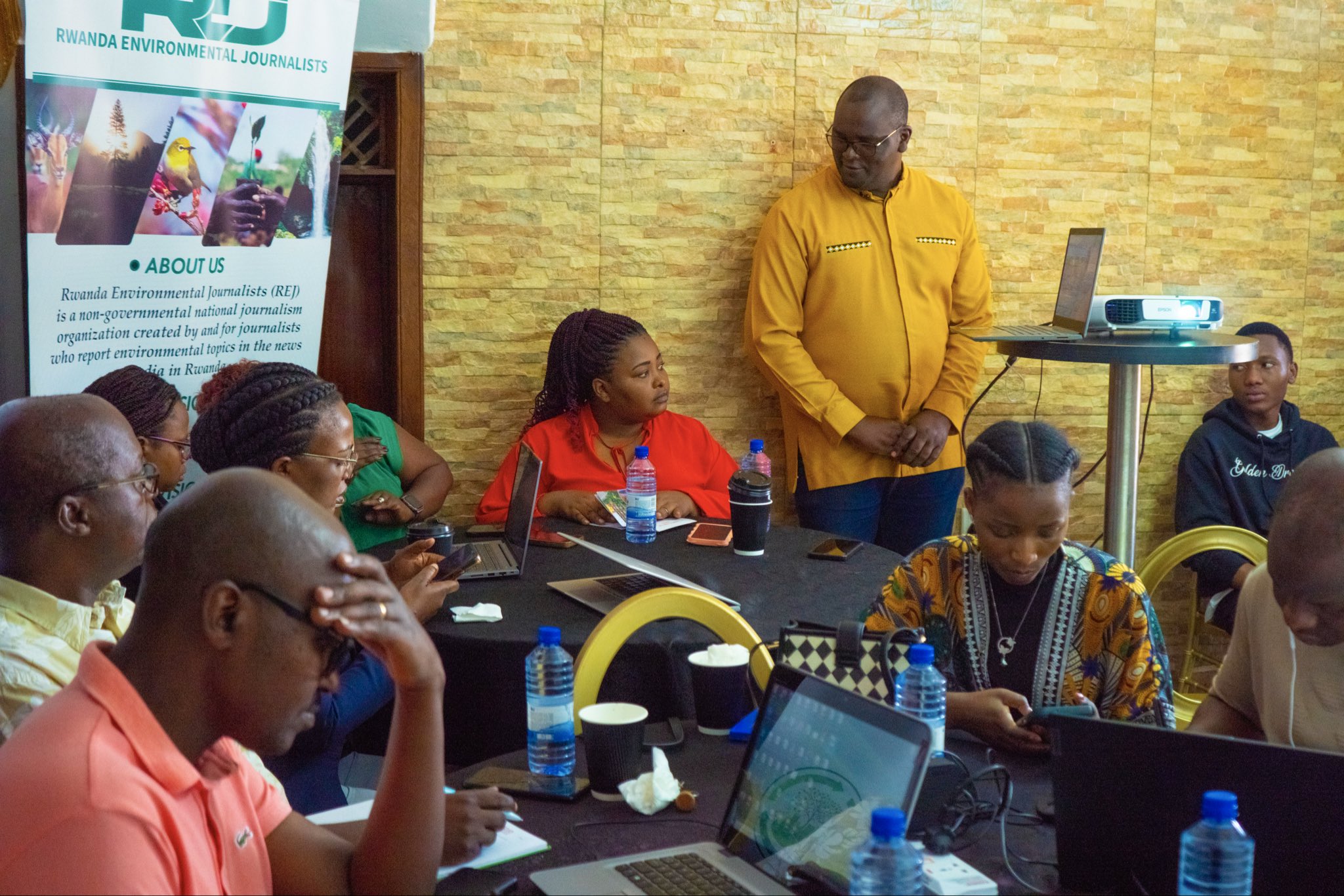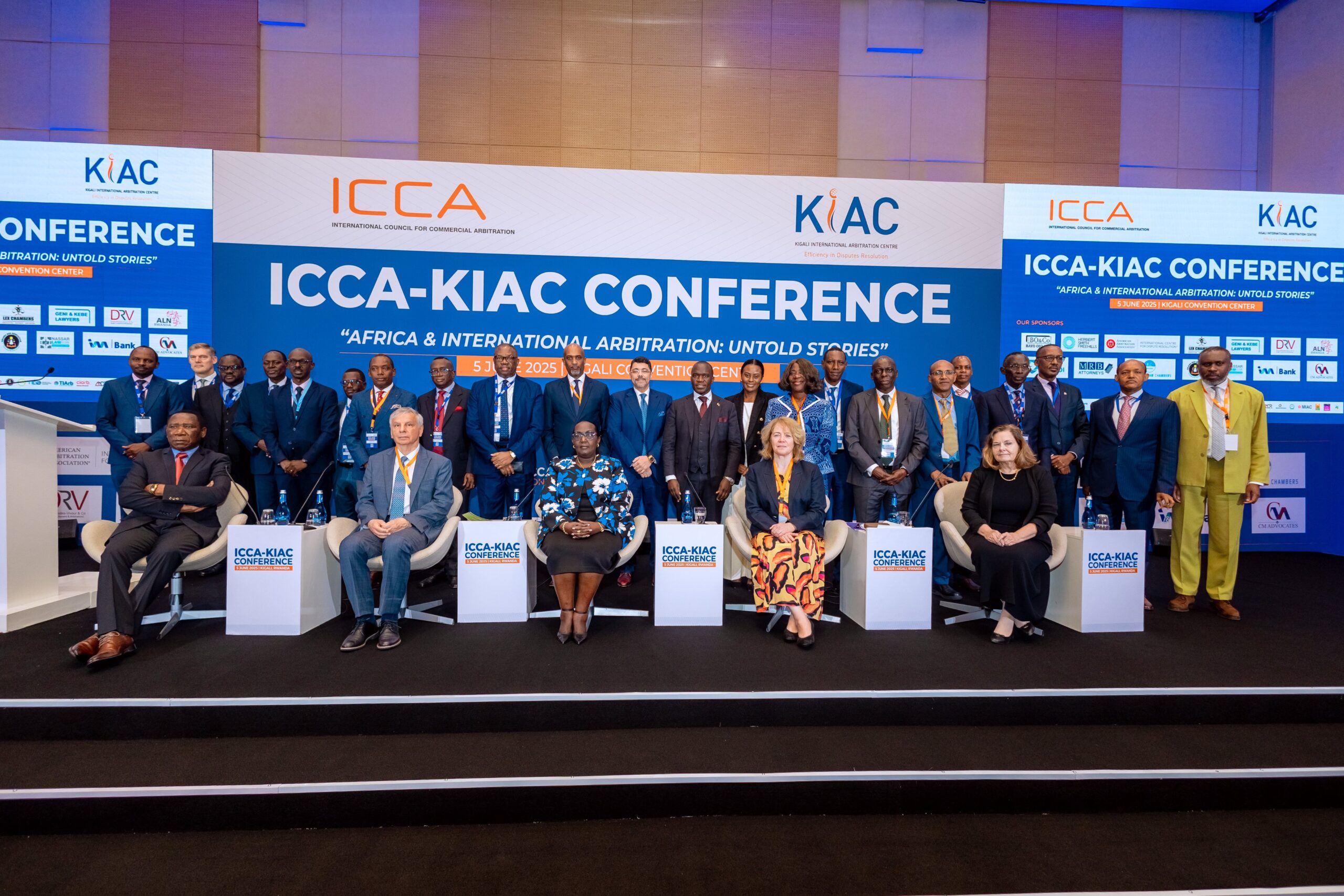
By Simon K Mugabo
Experts in international commercial dispute resolution from 38 countries around the world convened in Kigali on Thursday, June 5, 2025, to discuss how to further shift the responsibility for handling foreign investor disputes from courts to professional arbitrators.
In Rwanda, such cases are typically heard in commercial courts, mediated by legal conciliators, or referred to the Kigali International Arbitration Center (KIAC), a specialized institution for resolving business-related conflicts through arbitration.
Victor Mugabe, Secretary-General of KIAC, explained that the International Council for Commercial Arbitration (ICCA) chose Rwanda to host this conference as part of efforts to empower African arbitrators and allow them to learn from KIAC’s experience.
The center is now considered the third most advanced arbitration institution in Africa, after only South Africa and Egypt.
Mugabe noted that ICCA’s decision to hold the event in Kigali could position Rwanda as a regional hub for professional arbitration, even overtaking Egypt and South Africa in prominence, due to its investor-friendly climate and emphasis on fast, efficient legal mechanisms.
He illustrated this with a scenario: “Imagine a foreign investor sets up a garment factory in Rwanda and orders sewing machines from abroad through a Rwandan contractor. If that contractor violates the agreement—say, by delivering substandard machines—arbitration allows for the issue to be resolved confidentially and quickly, without disrupting business operations.”
Mugabe emphasized that arbitrators often possess more specialized technical knowledge than traditional judges, especially in complex technical cases.
“Arbitrators include engineers, accountants, agricultural experts, and other specialists who understand the technical nature of disputes better than generalist legal professionals.”
He added that courts would retain a limited role—primarily to certify and enforce arbitration decisions, allowing the judiciary to focus on more serious criminal matters. “Let the courts handle grave offenses; let commercial disputes be resolved through mediation and arbitration,” Mugabe said.
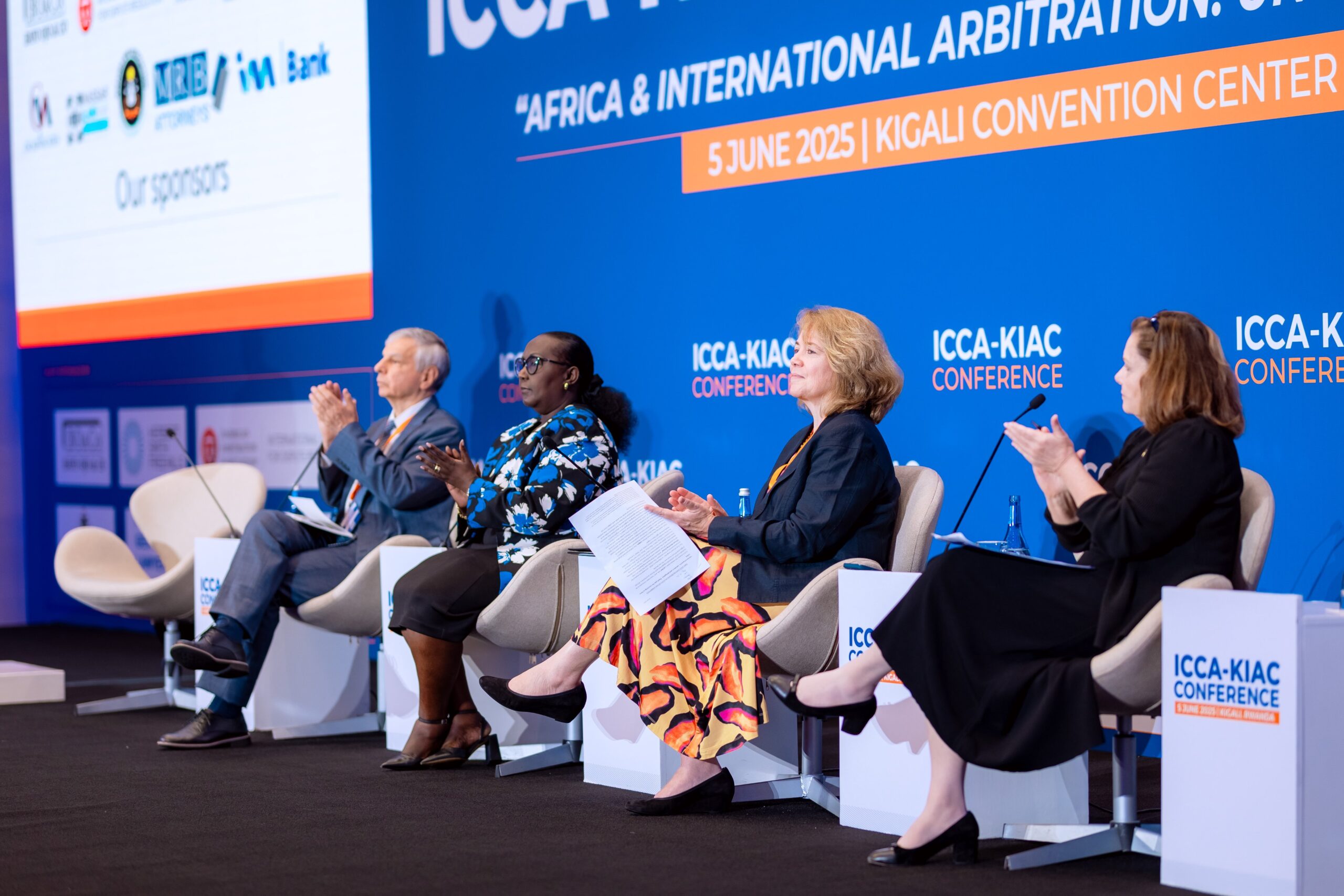
Butare Emmanuel, a lawyer, arbitrator, and mediator, echoed these sentiments, noting that disputes handled in court tend to be time-consuming and costly, often to the detriment of both parties involved. He emphasized that arbitration yields more practical and timely results.
Between July 2024 and May 2025, according to KT Press, Rwanda resolved 2,445 commercial disputes through arbitration and mediation, while only 230 cases went through the formal commercial court system.
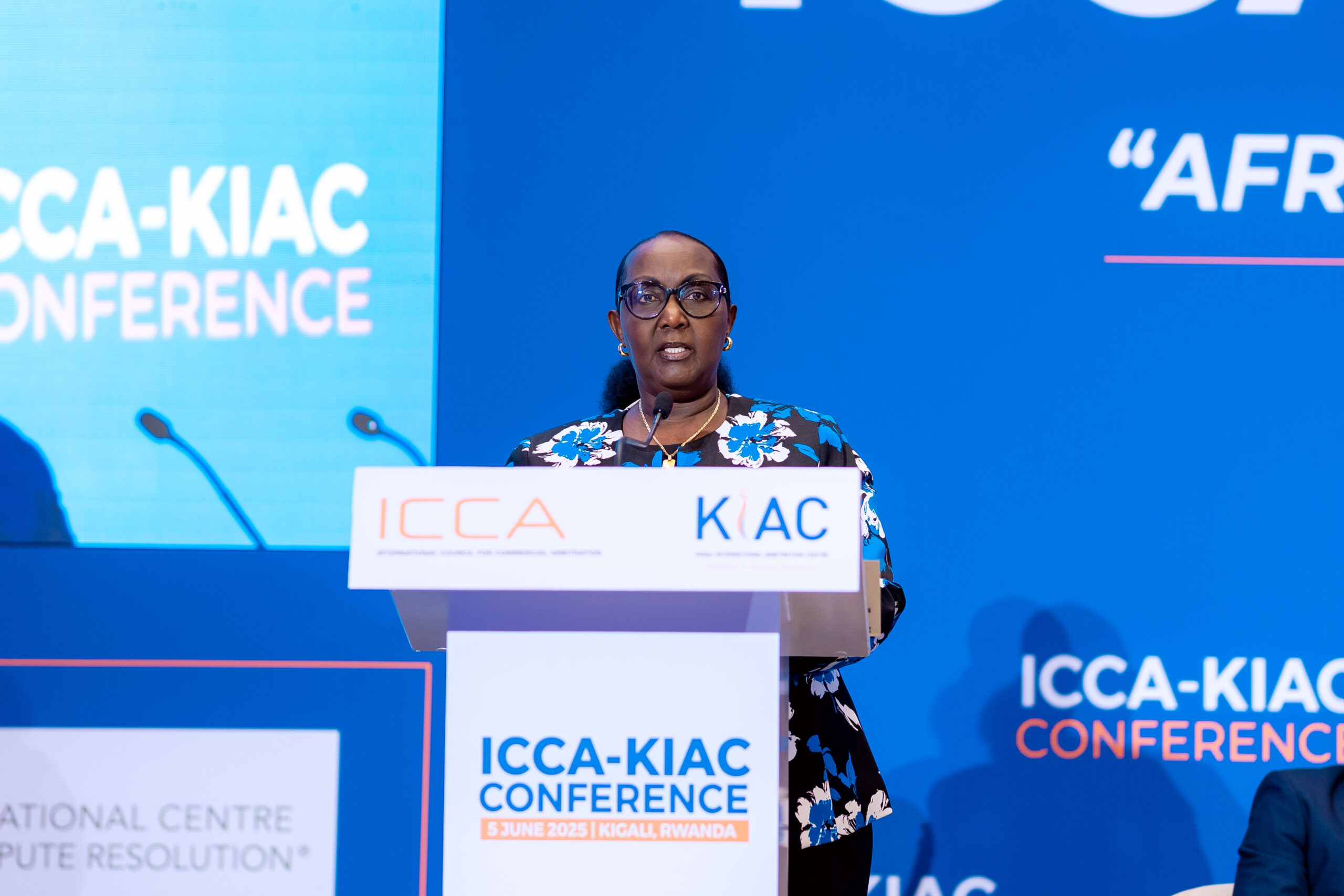
Chief Justice Domitille Mukantaganzwa and Minister of Justice and Attorney General Dr. Emmanuel Ugirashebuja also expressed support for arbitration, describing it as a more efficient and investor-friendly method of dispute resolution.
In her opening remarks at the international arbitration conference, Chief Justice Mukantaganzwa stressed that Rwanda places high value on arbitration—both in upholding its rulings and ensuring their enforcement.
“As our economy becomes more complex, cross-border trade expands, and investments grow,” she said, “we need reliable and efficient arbitration mechanisms to boost economic growth, strengthen investor confidence, and facilitate regional integration.”
Justice Minister Dr. Ugirashebuja reinforced this point, adding that international arbitration has become especially vital now that Africa has established the African Continental Free Trade Area (AfCFTA), a common market aimed at accelerating intra-African trade and cooperation.
